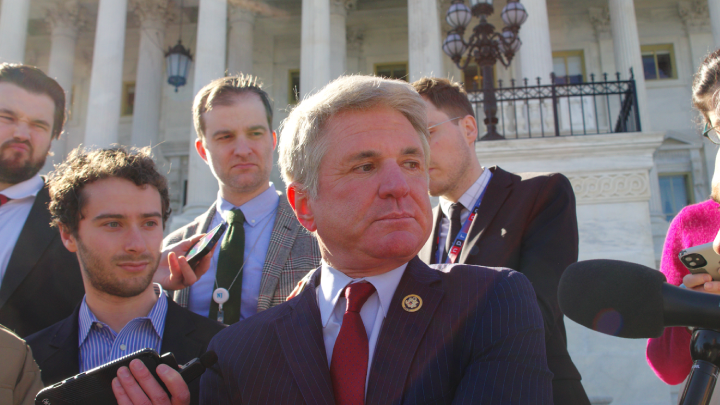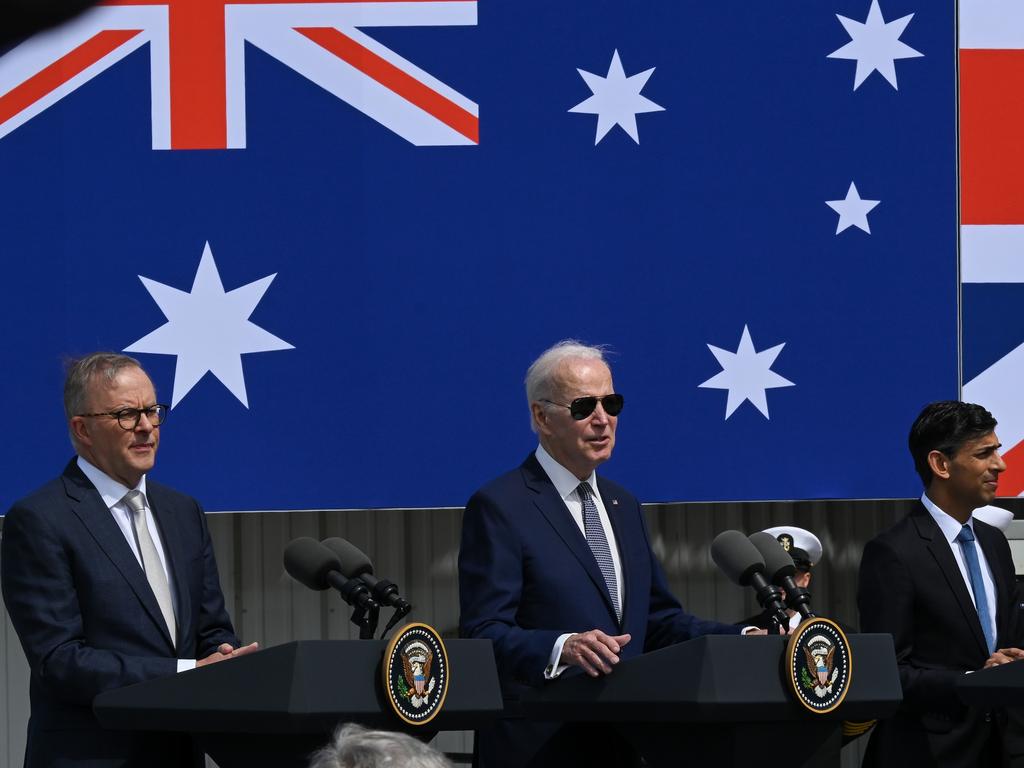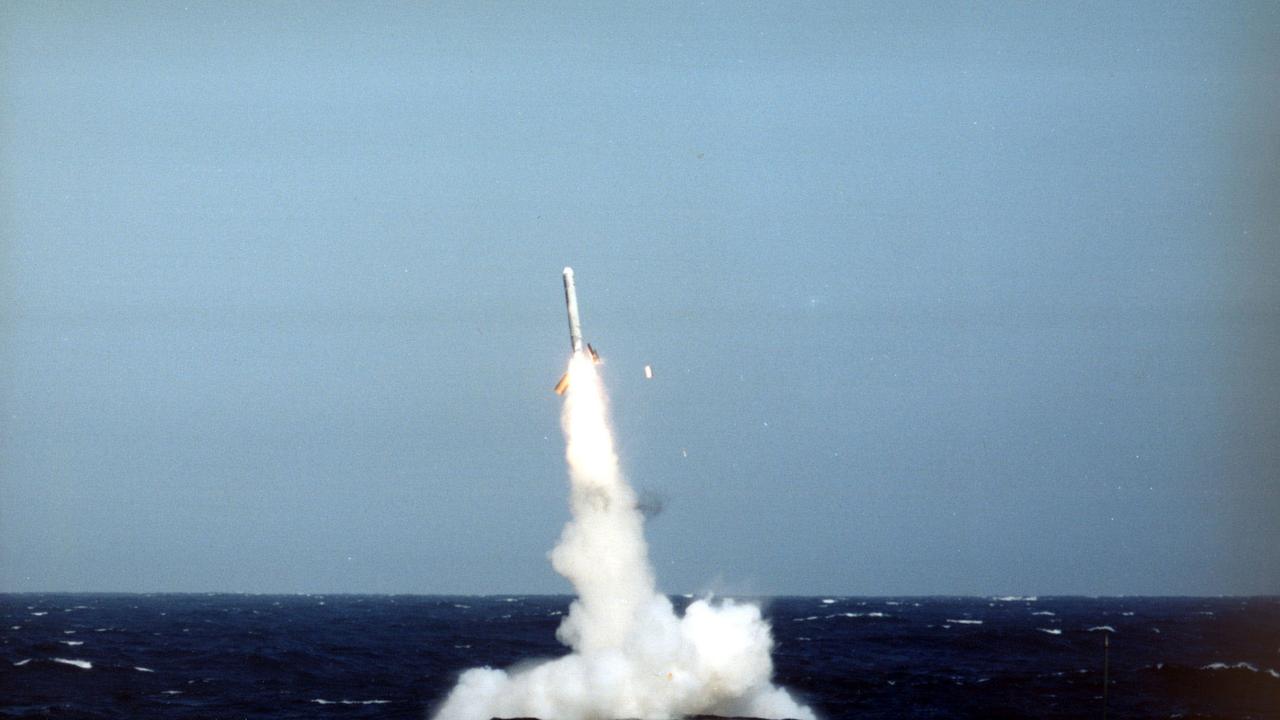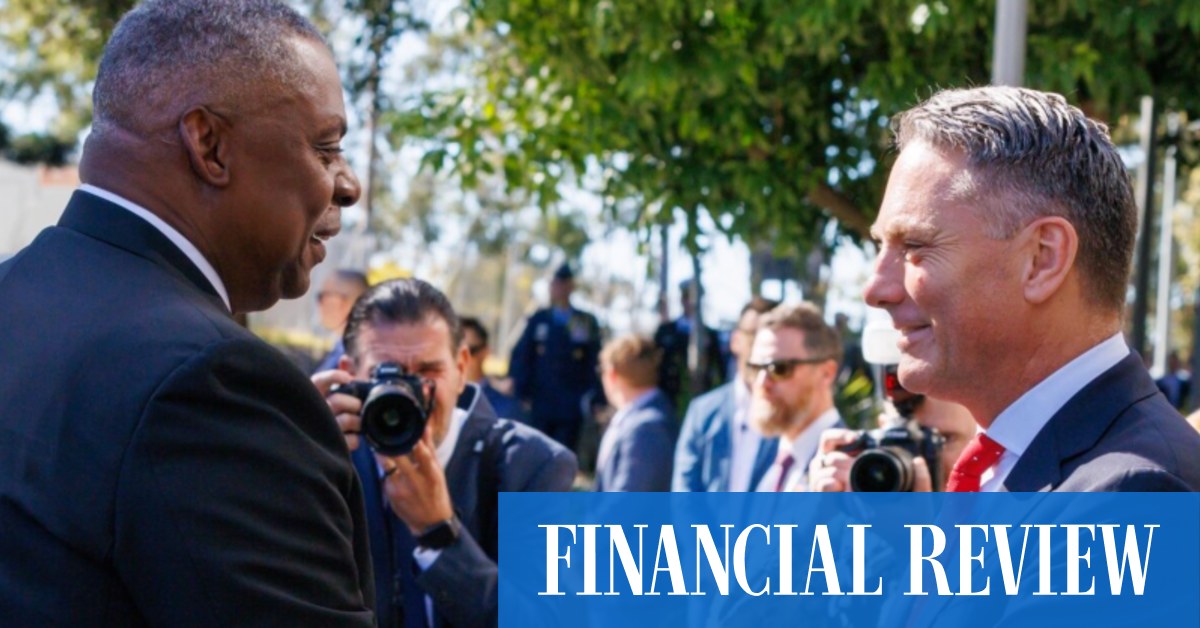
“The shift which we need to see is from viewing AUKUS as defence policy, to viewing it as nation-building policy – or even economic future-proofing policy,” Bran Black, Business Council of Australia CEO, was quoted as saying at the end of an article about this continent becoming a “central base” of US military operations in the Indo Pacific.
The main thrust of the piece in the Weekend Australian was an exclusive conversation that the Murdoch press had with US Republican congressman Michael McCaul, who waxed lyrical about the opportunities that the tearing down of military trade barriers that the Albanese government has recently partaken in brings in terms of a deterrence upon China and the lead up to World War III.
Indeed, during his 10-day visit to this country, McCaul, the chair of the US House Committee on Foreign Affairs announced that the Biden administration had granted defence trade exemptions from the US for us, which means it has relaxed its International Traffic in Arms Regulation (ITAR) red tape.
“I am pleased the administration has finally provided the long overdue defence trade exemption to two of our closest allies, Australia” and the UK, a 15 August statement outlines. But the US politician then laments that the reforms have not completely abolished “big government regulation”, which will continue to “hamper” deterrence capabilities in the Indo Pacific.
“Darwin is the… epicentre of the organisation projecting power through the South China Sea to China,” McCaul told Sky News, following a visit to the Northern Territory capital last week. “And getting these alliances there sends a very strong message to Chairman Xi, that the risk outweighs the reward.”




